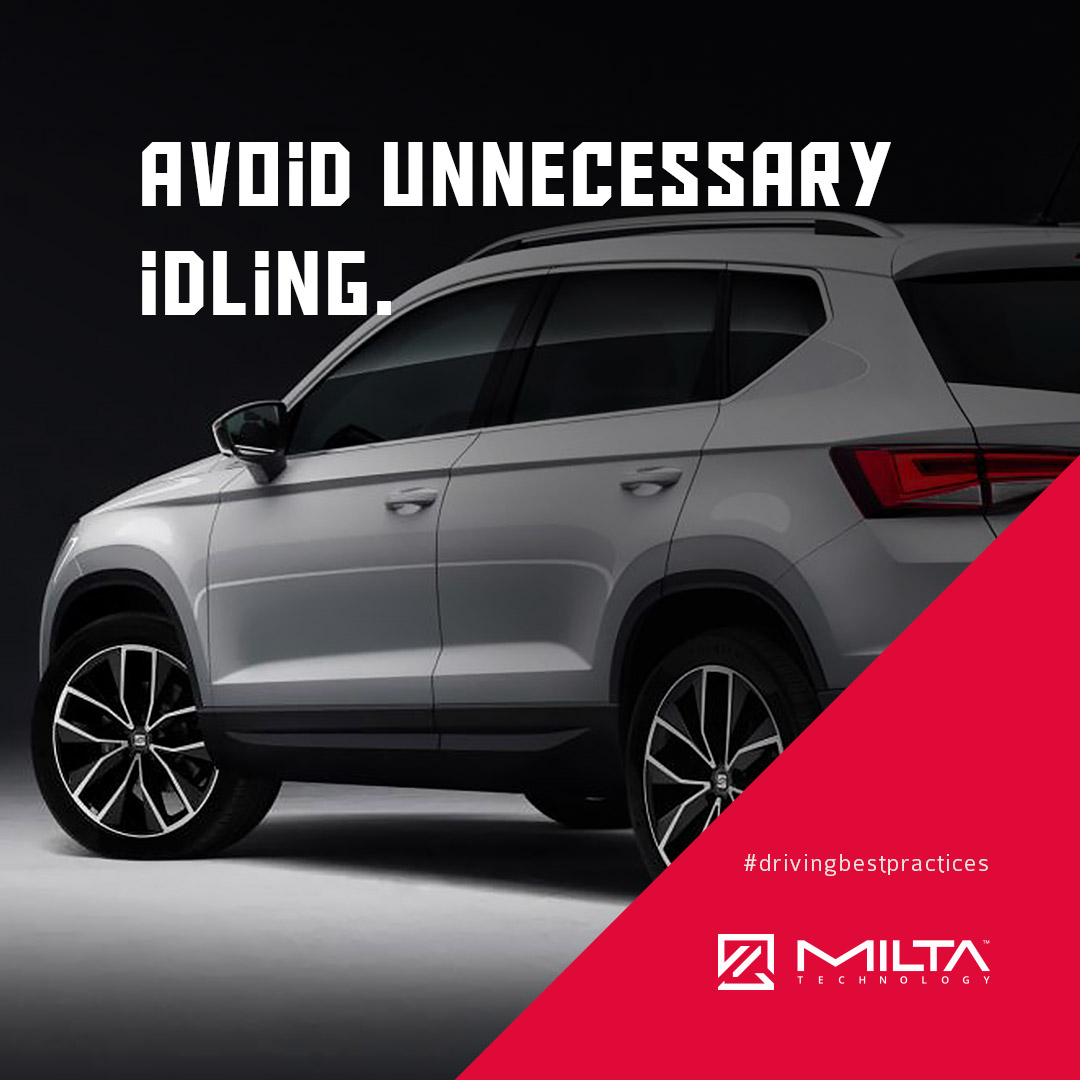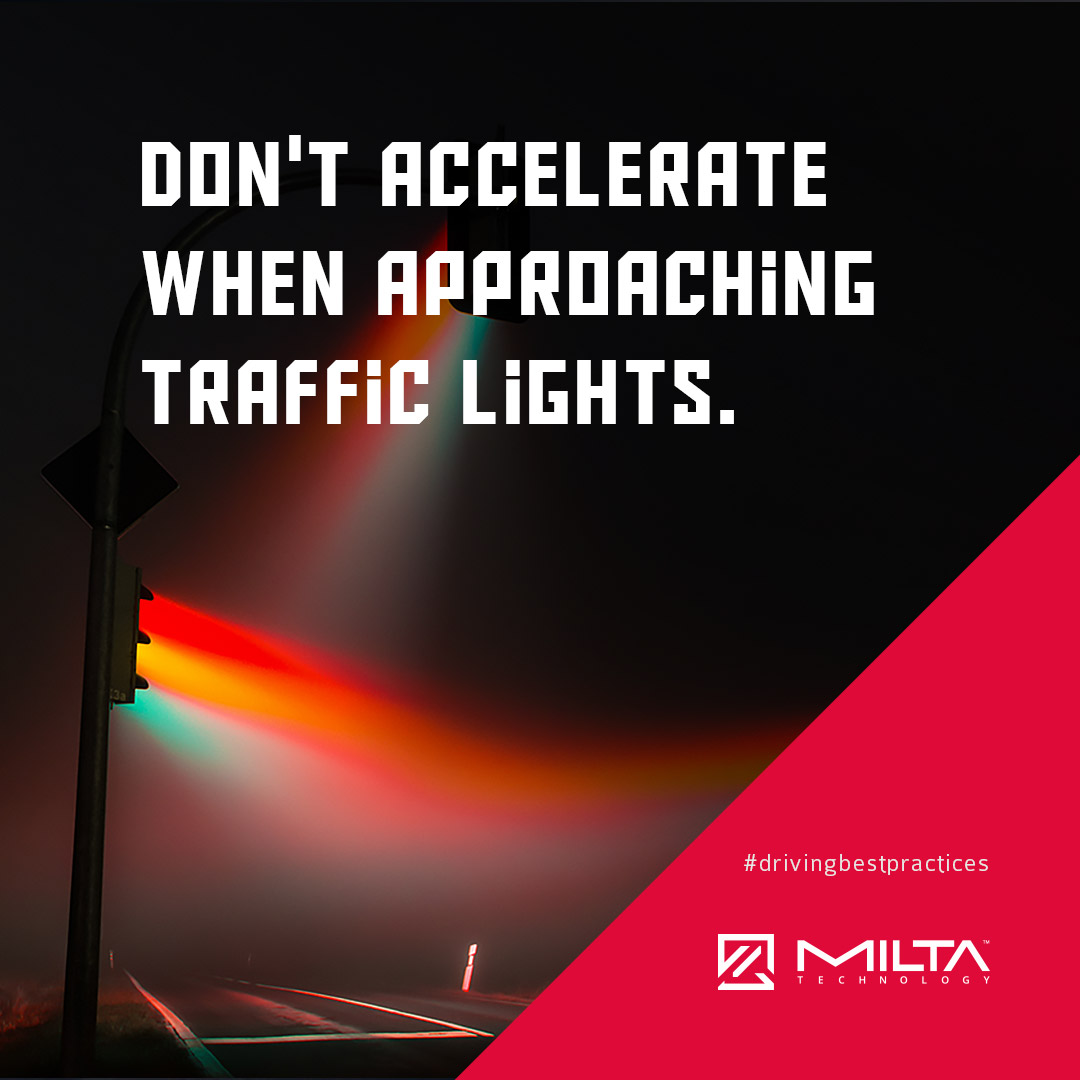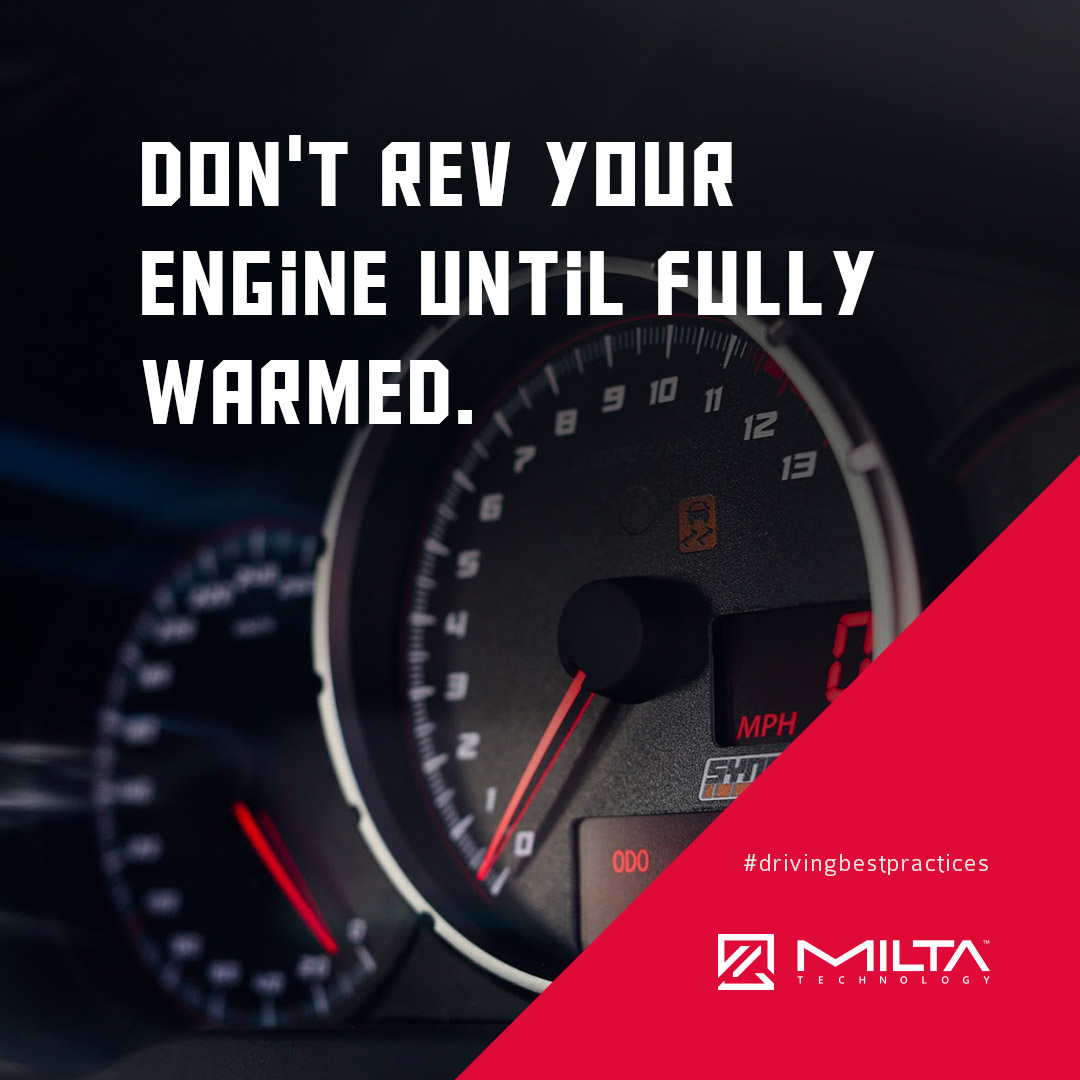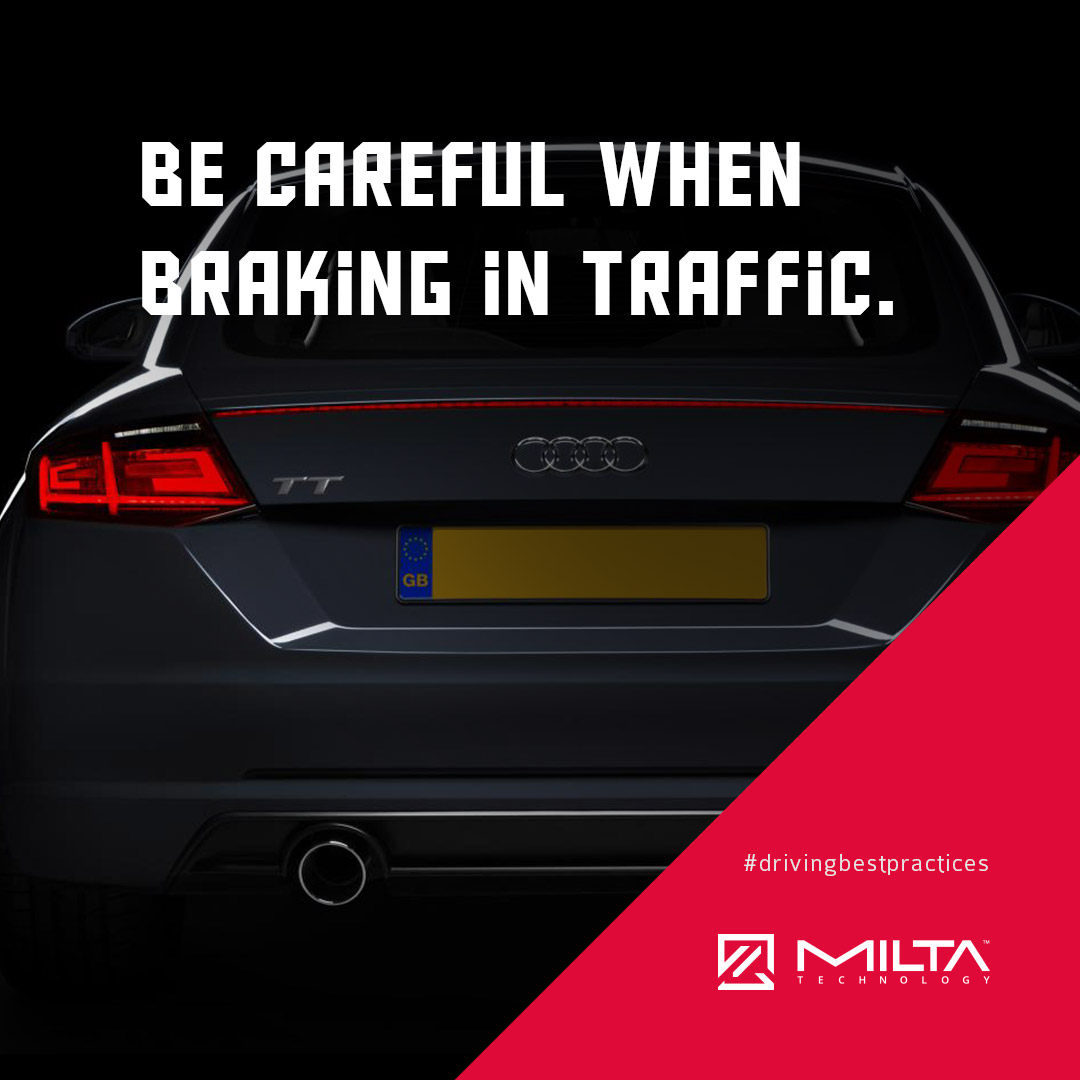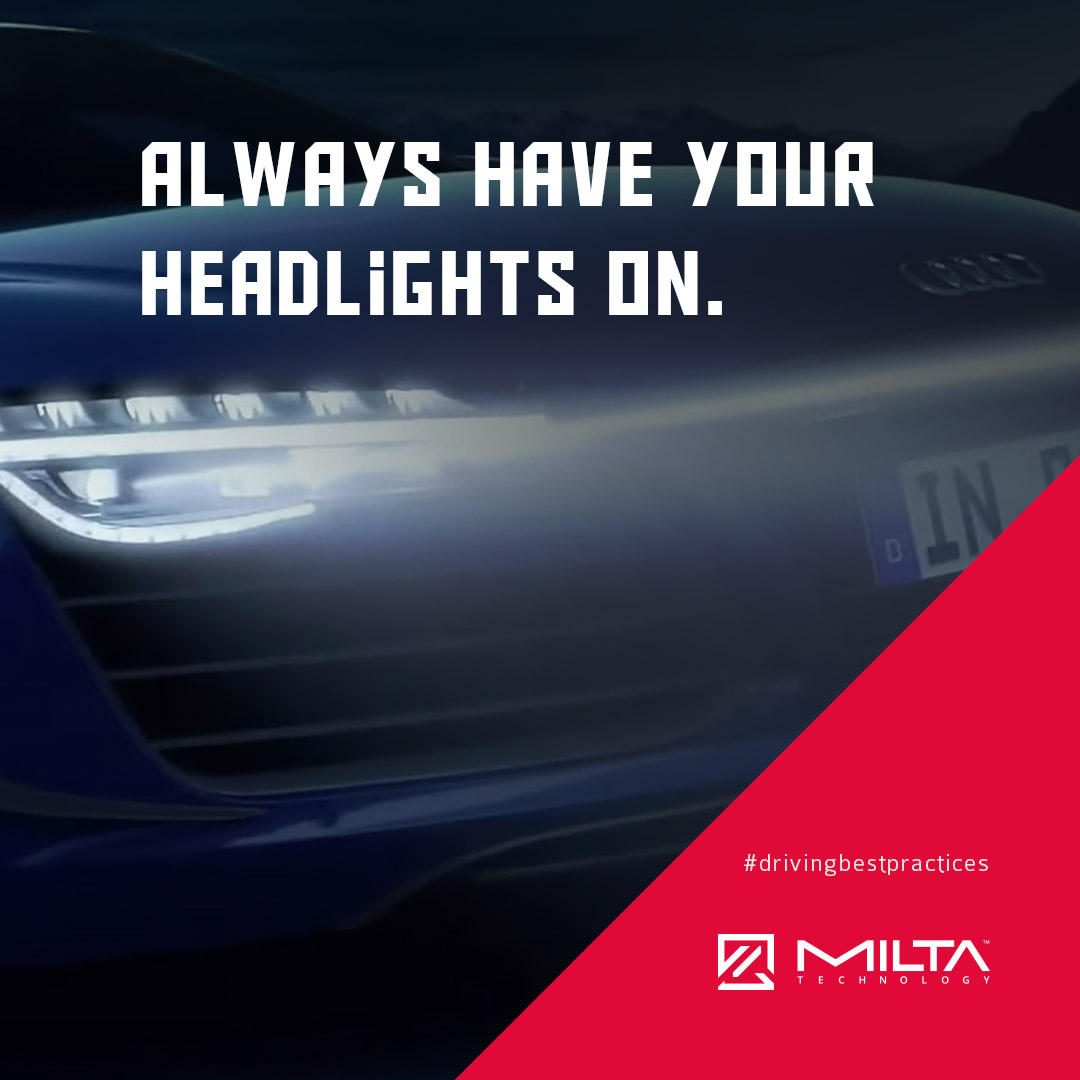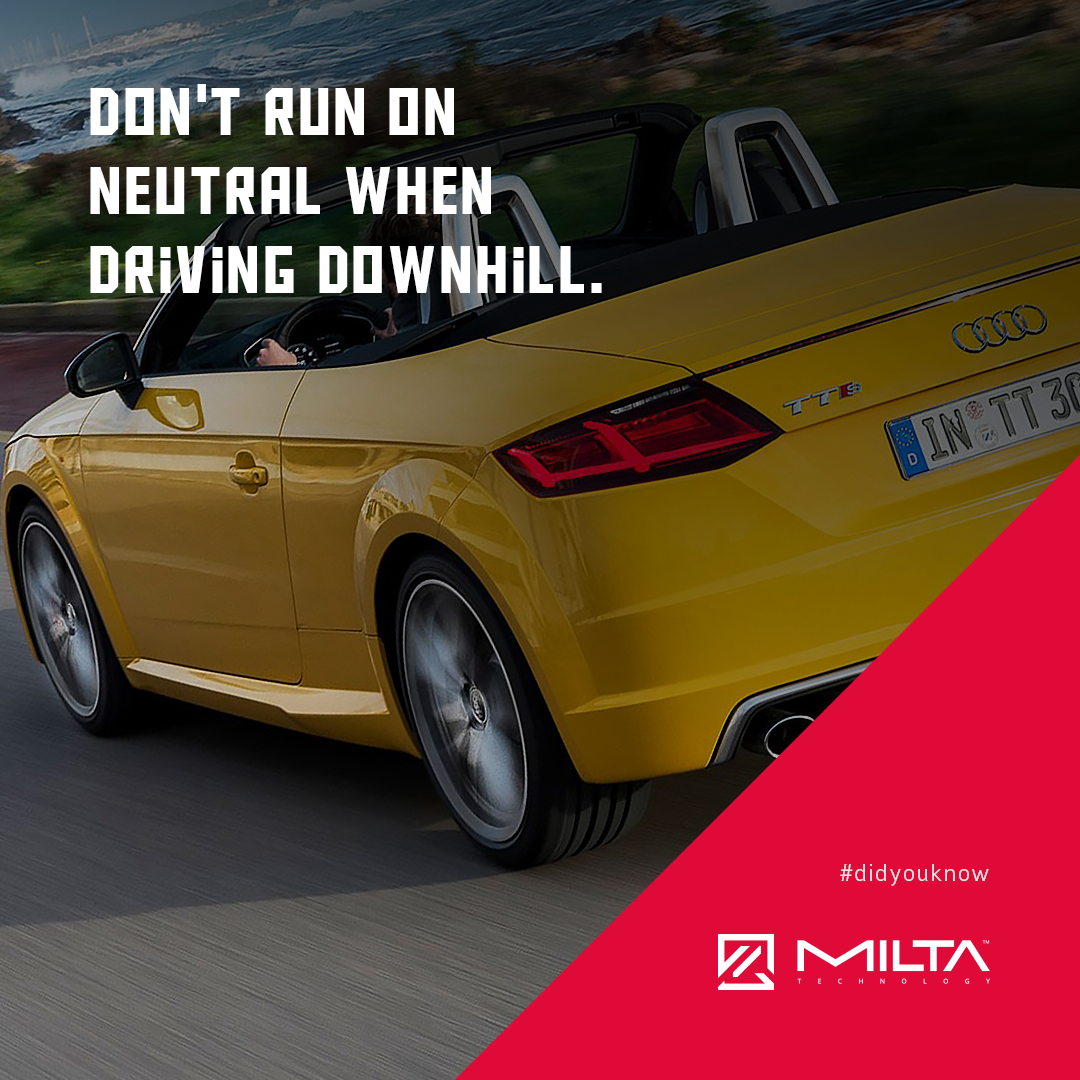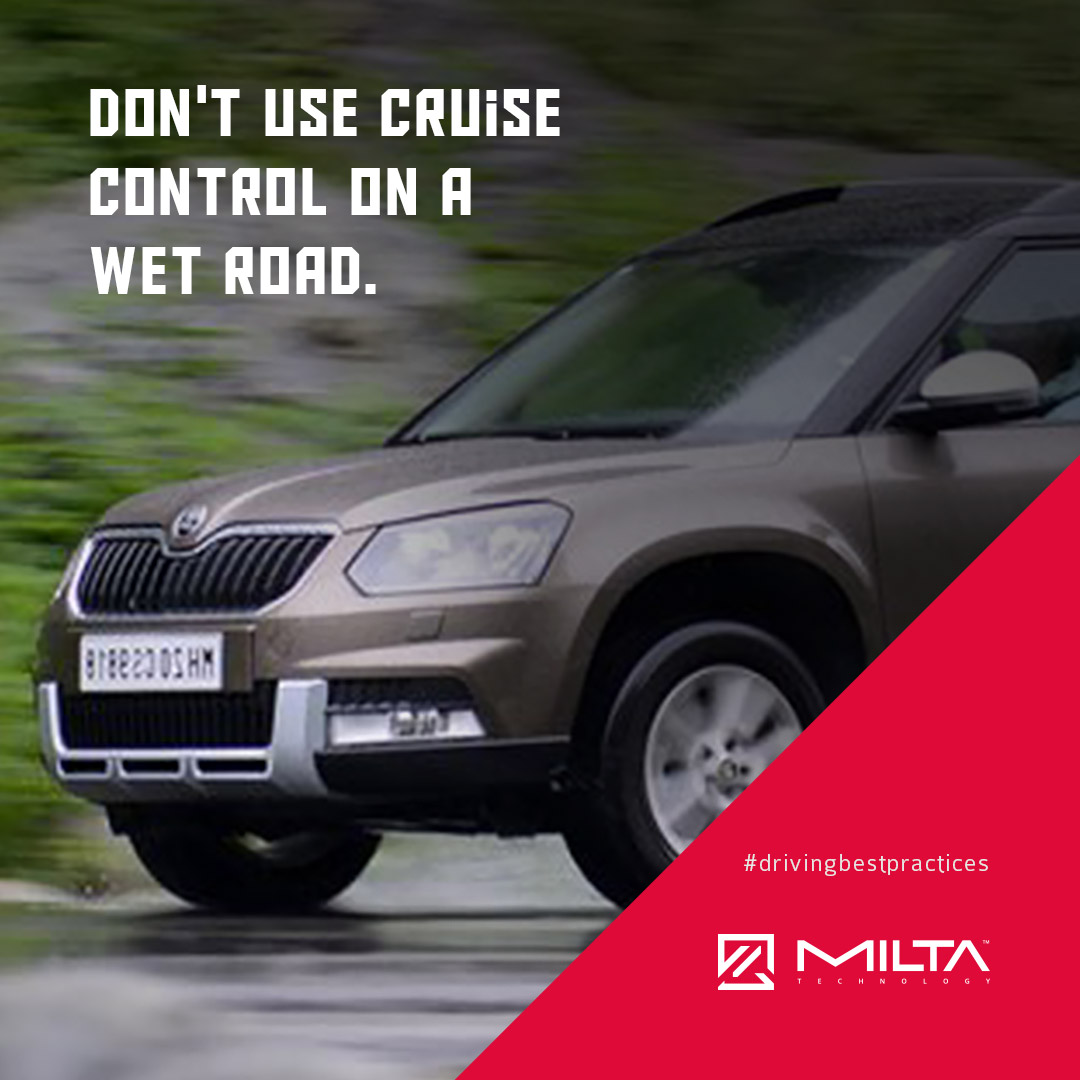If your car doesn’t feature the start-stop system, remember to turn off the engine when you stop your car for more than 10 seconds. That’s more or less the time to burn the same amount of fuel which is used to start the engine. You will give the environment a significant relief in doing so, […]
Tag: DrivingBestPractices
To use as little fuel as possible, you should drive your car at the most efficient speed. It varies in different vehicles, but usually, equals about 65-90 km/h (40-55 mph). Try to keep withing this range or check what speed is optimal for your car and you should notice a significant drop in your fuel […]
Hard acceleration uses up to third more fuel. Achieve your desired speed with a steady foot on the accelerator and try coasting to stop. Speeding, rapid acceleration, and braking can lower your gas mileage by 5% at lower speeds around town, and by 33% at higher highway speeds.
When you are driving, try to notice the traffic lights as soon as possible. If you find a crossroad or pedestrian crossing ahead of you, do not accelerate your car before passing it. When approaching the lights you need to slow down anyway, so all the fuel used for acceleration before would be wasted. Also […]
When you’re starting your car, you shouldn’t accelerate aggressively until your engine reaches normal operating temperature. Watch your dashboard and put the gas fully only when you see the engine is warm enough. Doing so without having the car warmed up will increase wear of some parts. A cold engine also looses some of its […]
If you are driving in a constantly moving traffic, keep in mind that most drivers are not suspecting you to brake rapidly. That is why everyone should keep a safe distance, but remember that sometimes it’s not the case and if you press the brake real hard, you may end up being hit by the […]
Even if you are living in a country where you are not obliged to use your headlights at all times, it is a wise thing to do so. A car with its lights on is much easier to spot on the road and thus increases your safety, especially when the daylight is weak due to […]
When you put your gears in neutral when driving downhill, you are taking away from yourself the ability to control the car completely. You still have the capacity to use your brakes without any problems, but you cannot increase the speed instantly. And sometimes you may need some immediate acceleration. Another advantage of keeping it […]
If you can see your car’s body in your side mirrors, then you probably also have a blind spot in which you cannot see the car being just next to yours. To eliminate this, all you need is to move your side mirrors to show you the view further from your vehicle. To see the […]
If you are driving in the rain and your car has the cruise control option, make sure to turn it off. Otherwise, if your car starts hydroplaning, the car may try to keep the speed at the same level, thus increasing the throttle. Most new cars have traction control systems that should not allow such […]

